Living solo looks great on social media, but it’s not all fun and games.

While plenty of people thrive on their own, sometimes it can really get you down. Even if you’re generally someone who loves your own company and feels good about being alone, it’s only natural that it starts to get you down sometimes.
1. Sudden noises become horror movie material.

Every creak, bump, and mysterious sound suddenly becomes intensely interesting at 3 AM. Your imagination runs wild with each unexpected noise in the night. That harmless house settling sound transforms into a full theatrical production in your mind. Your heart does gymnastics every time the building makes a weird noise. The night feels a whole lot longer when you’re the only one checking out strange sounds.
2. Cooking becomes weirdly demotivating.
 Source: Unsplash
Source: Unsplash Making a proper meal just for yourself often feels like too much effort. Recipes seem designed to feed small armies rather than one person. Leftover fatigue becomes real when you’re eating the same pasta for five days straight. The motivation to cook vanishes when nobody else will appreciate your culinary efforts. Toast for dinner starts looking more appealing each passing week.
3. Getting sick hits differently.

Nobody’s there to grab you medicine when you’re too weak to move. Making tea and soup becomes an Olympic event when you’ve got a fever. The simplest tasks feel mountainous when you’re under the weather alone. You realise how much energy it takes to care for yourself when you’re ill. Those moments of vulnerability feel extra heavy without someone checking in on you.
4. Small tasks become big adventures.
 Source: Unsplash
Source: Unsplash Changing light bulbs in high places becomes a creative problem-solving exercise. Moving furniture requires engineering skills you never knew you needed. Simple home repairs turn into lengthy YouTube tutorial sessions. You become your own safety supervisor for risky household tasks. The line between bravery and foolishness gets pretty blurry sometimes.
5. The silence gets loud.

Sometimes the quiet feels less peaceful and more pressing. The absence of background noise or casual chatter becomes noticeable. You catch yourself talking to plants, pets, or even appliances. The TV often plays just to create ambient noise in the space. Silence stops being golden when it’s your only constant companion.
6. Decision fatigue hits hard.
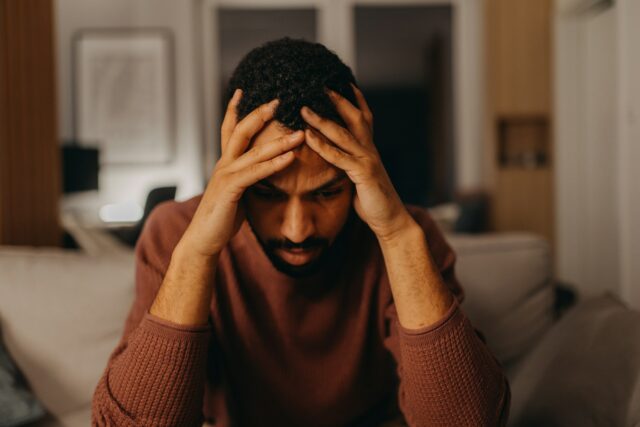
Every single choice falls on your shoulders without anyone to bounce ideas off. Simple decisions become surprisingly draining when made solo. You miss having someone to help weigh options or validate choices. The mental load of being the sole decision-maker adds up over time. Sometimes you just want someone else to pick what’s for dinner.
7. Coming home to emptiness.
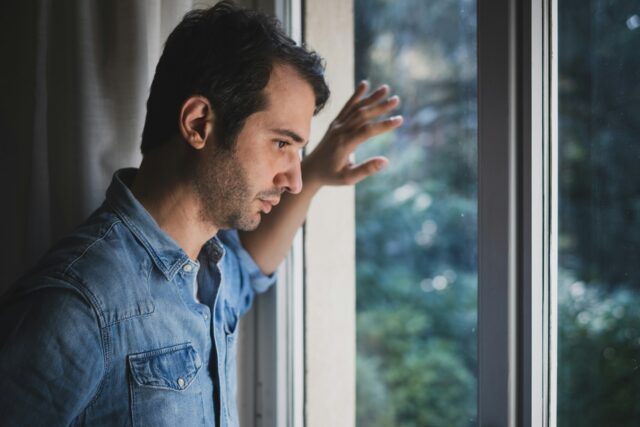
Walking into a dark, quiet house after a long day hits differently. There’s no energy shift when you step through the door. Nobody asks how your day went or shares their own stories. The space feels extra empty after exciting or challenging days. Those first few moments at home can feel particularly heavy.
8. Holiday seasons feel different.

Festive periods emphasise the solo nature of your living situation. Decorating just for yourself sometimes feels pointless. The holiday spirit hits differently when there’s no one to share it with daily. Special occasions can make your space feel smaller than usual. Those cosy holiday moments need extra effort to create alone.
9. The mental load never stops.

Every household task, grocery run, and bill sits squarely on your shoulders. There’s no tag team approach to managing daily life. The constant mental checklist of everything that needs doing gets tiring. You become hyper-aware of every household responsibility. Sometimes you just want to share the mental burden of running a home.
10. Security concerns become more real.
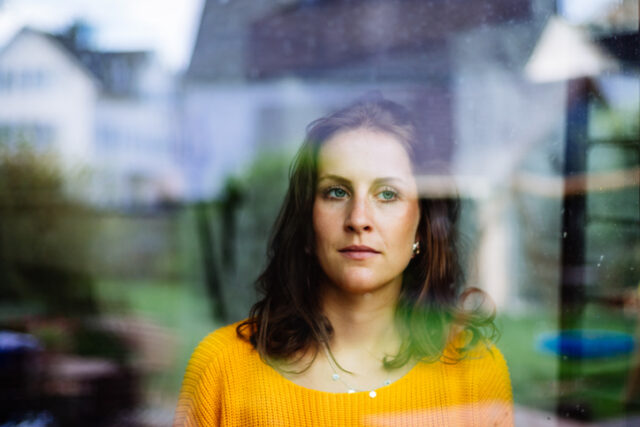
Every security decision feels weightier when you’re solo. Holiday planning includes extra layers of home security thought. Coming home late requires additional awareness and precautions. You become hyper-vigilant about locks, lights, and safety measures. Peace of mind takes more effort to maintain when you’re the only one watching out.
11. Financial pressure intensifies.
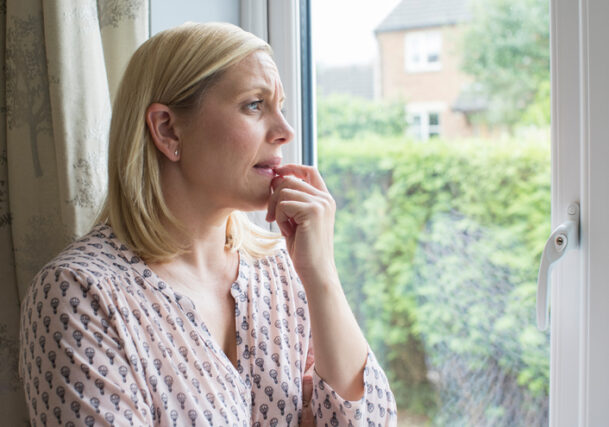
Every bill and expense falls solely on your shoulders. There’s no splitting costs or sharing financial burdens. Unexpected expenses hit harder when there’s only one income to handle them. Building savings takes longer with solo income and expenses. The financial safety net feels thinner without a backup plan.
12. Technology troubles become mini-crises.
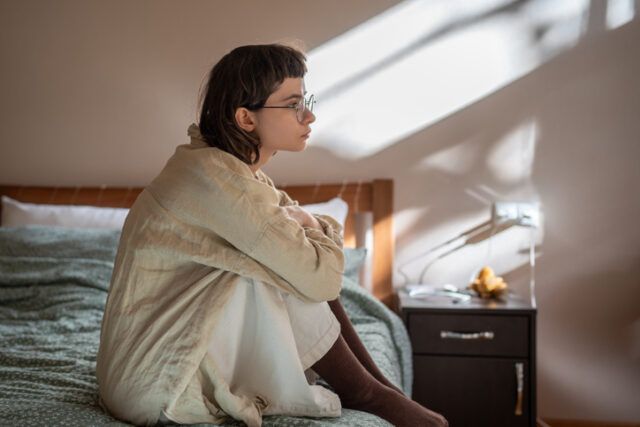
Wi-Fi issues become personal emergencies when working from home alone. Computer problems feel more stressful without a backup device nearby. Tech troubleshooting takes longer without another perspective to help. You become your own IT department for every digital hiccup. Sometimes you just need someone else to try turning it off and on again.
13. Social plans require extra effort.

Maintaining connections takes more intentional planning when you live alone. Spontaneous hangouts happen less frequently without housemates around. You have to actively pursue opportunities to socialise rather than finding it at home. Making plans requires more energy when your default state is solo. The comfort of your space sometimes makes it harder to venture out.
14. The freedom paradox kicks in.

Total freedom sometimes feels overwhelming rather than liberating. Having complete control over your space can feel oddly pressuring. The lack of compromise means every choice reflects solely on you. Unlimited options can actually make decisions harder sometimes. Freedom hits different when there’s no one to share it with.




